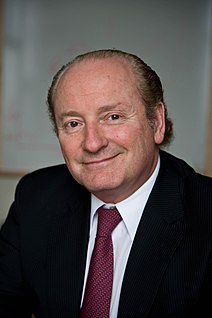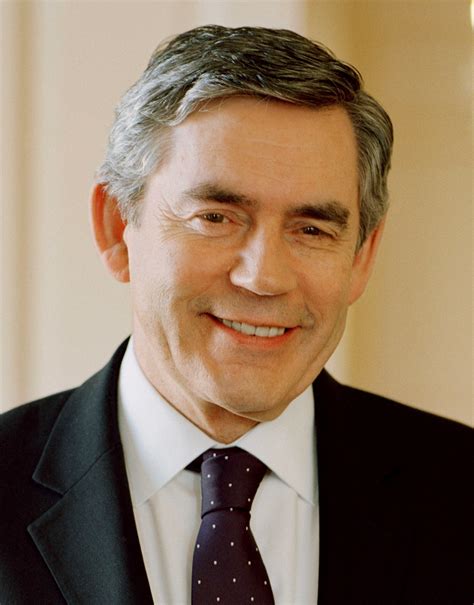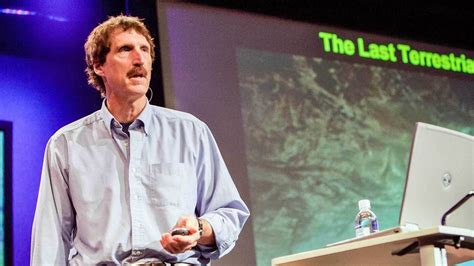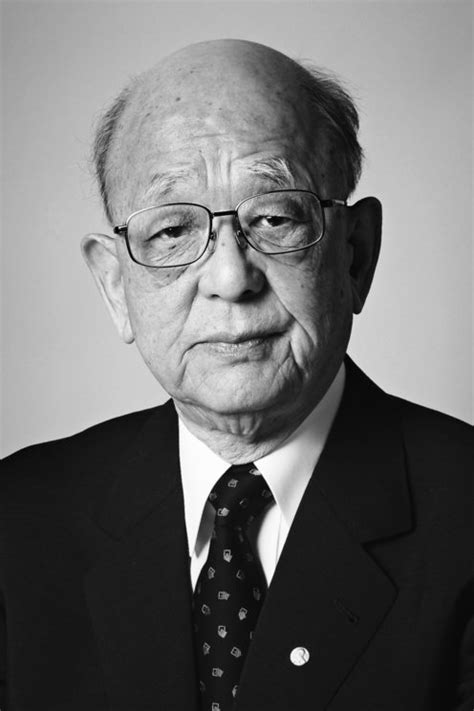A Quote by Dinesh Paliwal
Engineering has proven to be one of the most fruitful tracks of study in the job market, as the skills and training developed by an engineering program are far more versatile than many believed.
Related Quotes
Shiv Nadar University has five schools with 16 departments offering 14 undergraduate, 10 master's and 13 doctoral programmes. The demand for engineering courses - computer science, engineering, electronics, communication engineering, mechanical engineering - is slightly on the higher side compared to other engineering courses.
Engineering is not merely knowing and being knowledgeable, like a walking encyclopedia; engineering is not merely analysis; engineering is not merely the possession of the capacity to get elegant solutions to non-existent engineering problems; engineering is practicing the art of the organizing forces of technological change ... Engineers operate at the interface between science and society.
Too many companies believe that all they must do is provide a 'neat' technology or some 'cool' product or, sometimes, just good, solid engineering. Nope. All of those are desirable (and solid engineering is a must), but there is much more to a successful product than that: understanding how the product is to be used, design, engineering, positioning, marketing, branding-all matter. It requires designing the Total User Experience.
As more girls get basic schooling, larger numbers will move up the educational ladder - some to pursue science, technology, engineering, and mathematics. That's important because workplaces around the world, especially in many developing and emerging-market countries, are becoming more automated, favouring workers with technical skills.
In total, I have spent 35 years at Hokkaido University as a staff member - 2 and a half in the Faculty of Science, and the other 32 and a half in the Faculty of Engineering. Other than about two years of study in America and a few months in other places overseas, most of my life has been spent at the Faculty of Engineering.



































